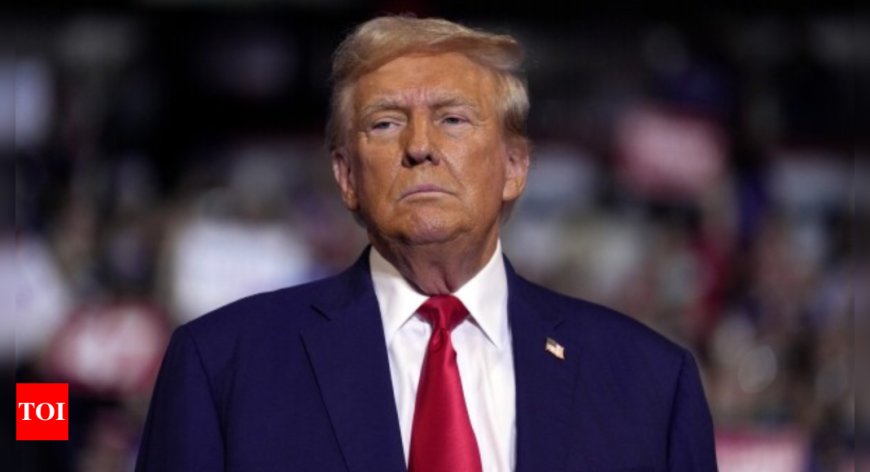'Murderers don't even go to jail in this country': Donald Trump defends pardons for January 6 Capitol rioters
President Donald Trump pardoned and commuted the sentences of approximately 1,500 individuals linked to the January 6 Capitol incident, including those convicted of assaulting law enforcement officers. He described their sentences as excessive and dismissed pending indictments, citing harsh treatment and unjust imprisonment.

'Murderers Don't Even Go to Jail in This Country': Donald Trump Defends Pardons for January 6 Capitol Rioters
In a recent statement that has stirred significant controversy, former President Donald Trump defended his decision to pardon several individuals involved in the January 6 Capitol riot. Trump expressed his belief that the legal system is failing in America, suggesting that “murderers don’t even go to jail in this country.” This bold claim highlights ongoing debates about justice, accountability, and the implications of his pardons.
Understanding the Context of Trump's Remarks
Trump’s comments come as the nation grapples with the aftermath of the January 6 events, where a violent mob stormed the Capitol in an attempt to overturn the 2020 presidential election results. Supporters of Trump who participated in the riot faced serious legal consequences, leading to discussions about their treatment under the law compared to others who commit violent crimes.
The Implications of Pardons on Justice
By defending these pardons, Trump raises questions about the standards of justice in America. Critics argue that such statements undermine the rule of law and suggest a preferential treatment for those aligned with his political ideology. The former president claims that the system is flawed, pointing to cases where severe offenders might evade justice.
Public Reactions and Political Ramifications
The public response to Trump's defense has been mixed. Supporters rally behind his notion that the legal system is skewed, arguing for a reevaluation of how crimes are prosecuted. Conversely, opponents highlight the moral and ethical dimensions of his remarks, suggesting that they diminish the severity of the January 6 events and allow for a dangerous precedent regarding accountability.
Conclusion: A Nation Divided
The issue of pardons, particularly in such a politically charged environment, reflects broader societal divides. As discussions ensue, it remains clear that Trump's defense of these individuals will evolve into a focal point in American political discourse.
For more updates, visit dharmyuddh.com. Keywords: Donald Trump pardons January 6 rioters, Capitol riot pardons controversy, political implications of pardons, justice system in America, public reactions to Trump statements, accountability for Capitol rioters, murderers not going to jail, impact of Trump’s remarks on politics.







